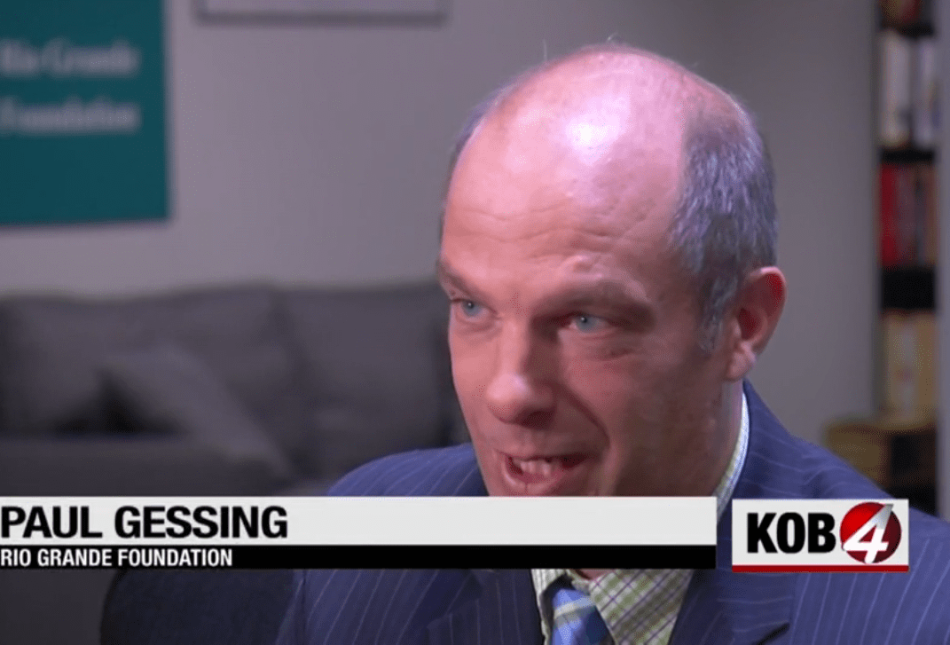RGF breaks story to KOB TV about New Mexico’s $164 million food stamp overpayments

Early last week the Rio Grande Foundation obtained a letter (linked here) from the US Department of Agriculture to New Mexico’s Secretary of Human Services. The letter states that New Mexico has overpaid approximately $164 million in SNAP (food stamp) benefits. The letter demands the State pay that $164 million back to the federal government.
The Rio Grande Foundation took the story to Channel 4 KOB TV and the story aired on Friday evening, September 28. See below:
These massive overpayments come just two years after a 2016 scandal in which HSD employees testified that their bosses instructed them to doctor emergency food aid applications to hurt the very people they’re supposed to help. This time, the penalties are for giving out $163 million in Food Stamp benefits inappropriately.
New Mexico is one of 33 states that waive, or ignore work requirements for some or all SNAP food stamp recipients. A majority (46 states) have at least some requirements in place for able-bodied adults with no children, but New Mexico is one of only four states to waive these requirements for the entire state. The work requirement is for able-bodied adults with no children, who are 18-49 years old, and requires them to work 20 hours a week, be in job training, or volunteer a few hours a week.
Paul Gessing of the Rio Grande Foundation notes, “This administrative fraud is a huge problem for taxpayers and must be cleaned up. While there is no magic bullet for bureaucratic incompetence, the best way to reduce fraud and errors is to get people off welfare and back to work. New Mexico can take a huge step in the right direction by reinstating basic work requirements for able-bodied adults with no kids as now exist in a majority of states (a group that includes both ‘red’ and ‘blue’ states).
According to the USDA letter obtained by the Rio Grande Foundation, a vast majority of the overpayments ($110 million) resulted from HSD certifying households for 3 months based on eligibility factors from the preceding certification period without following appropriate verification requirements.
